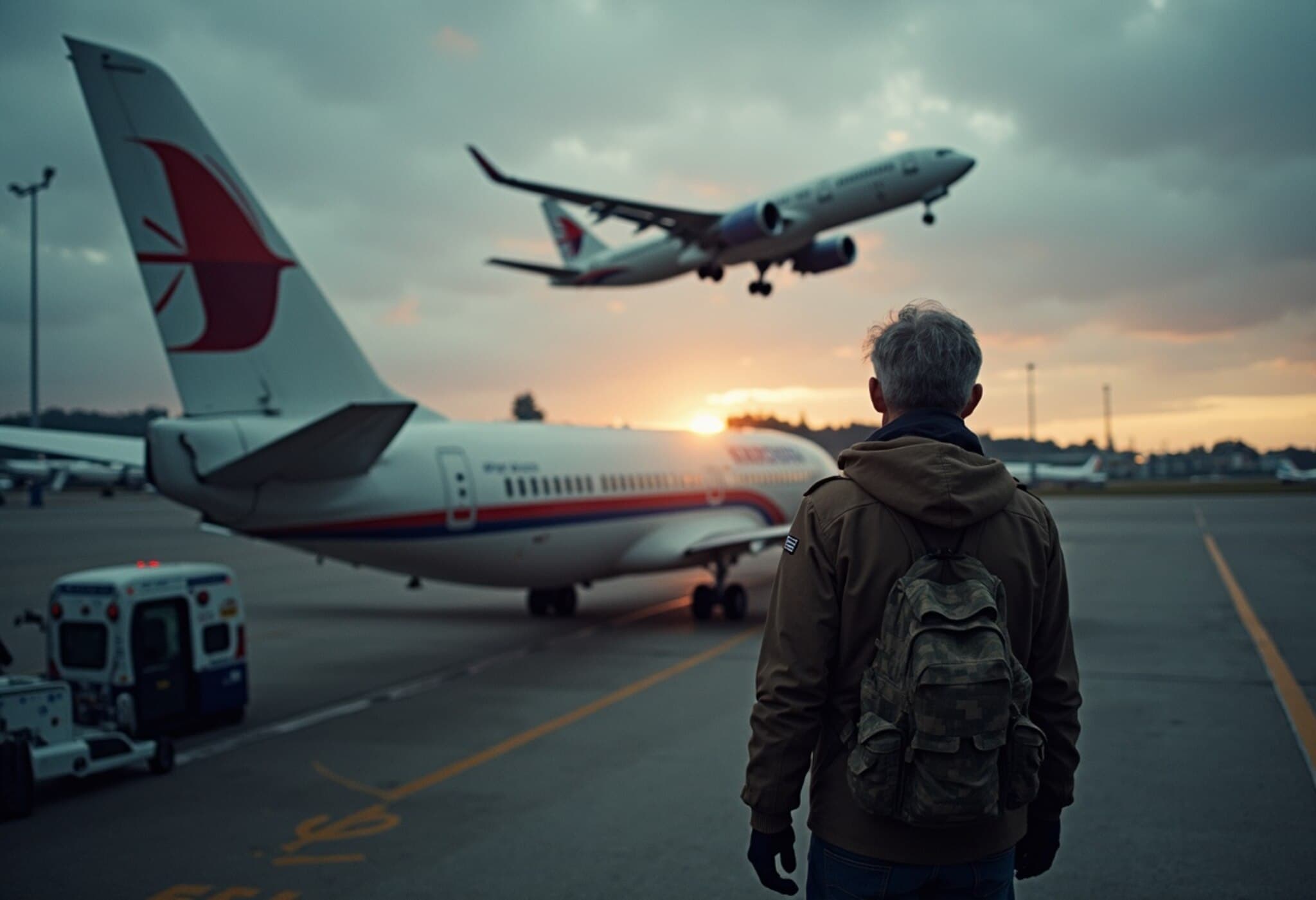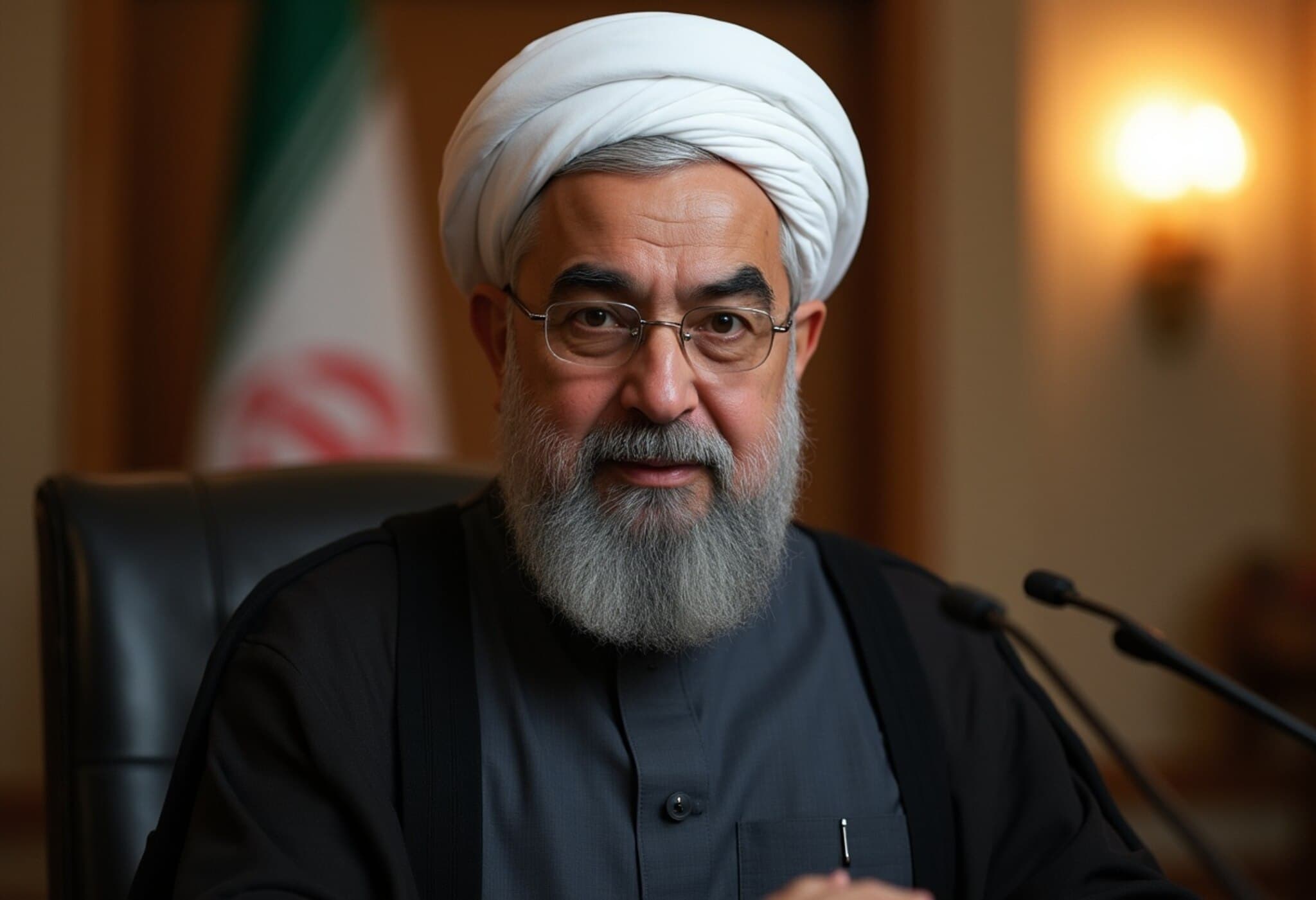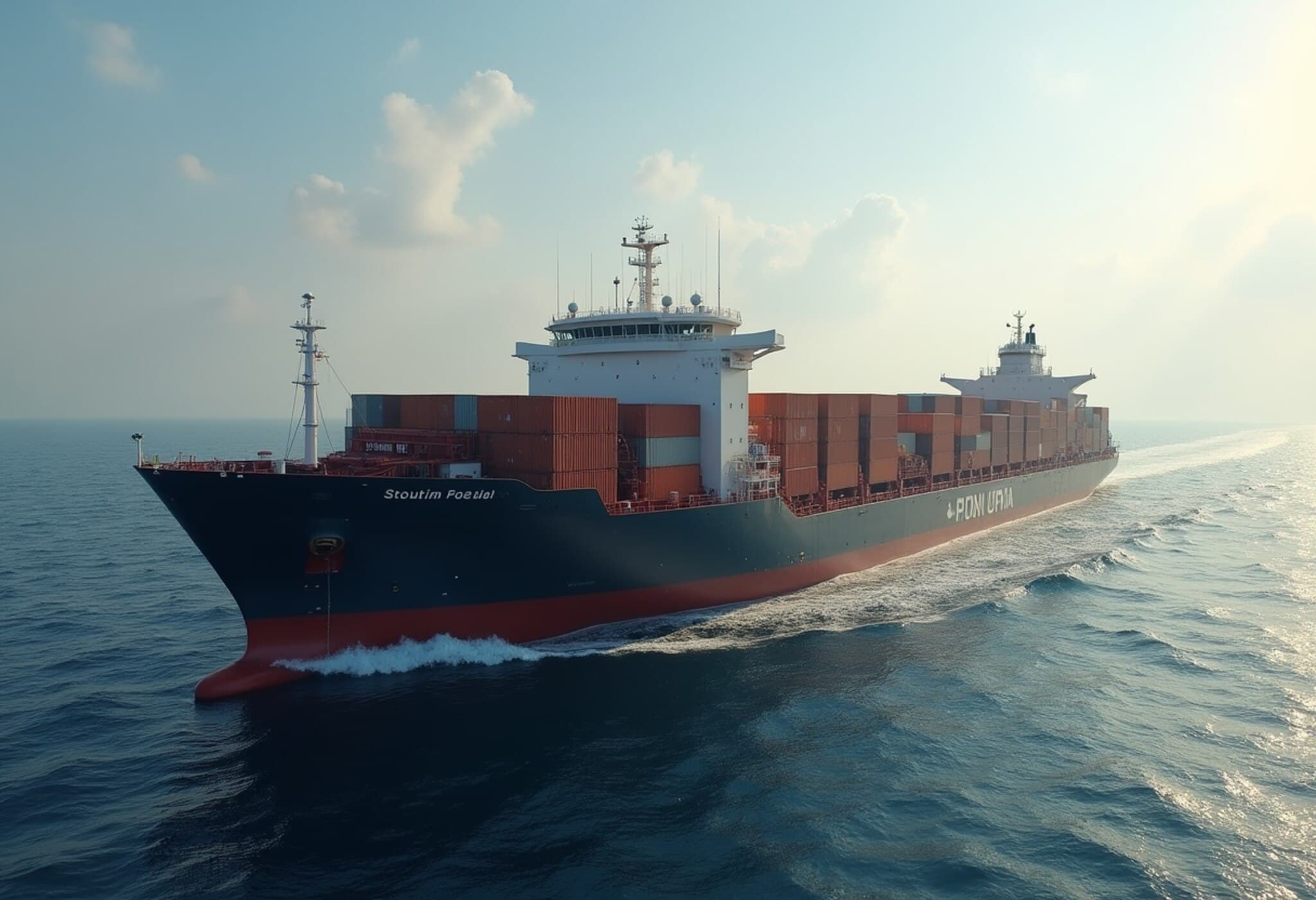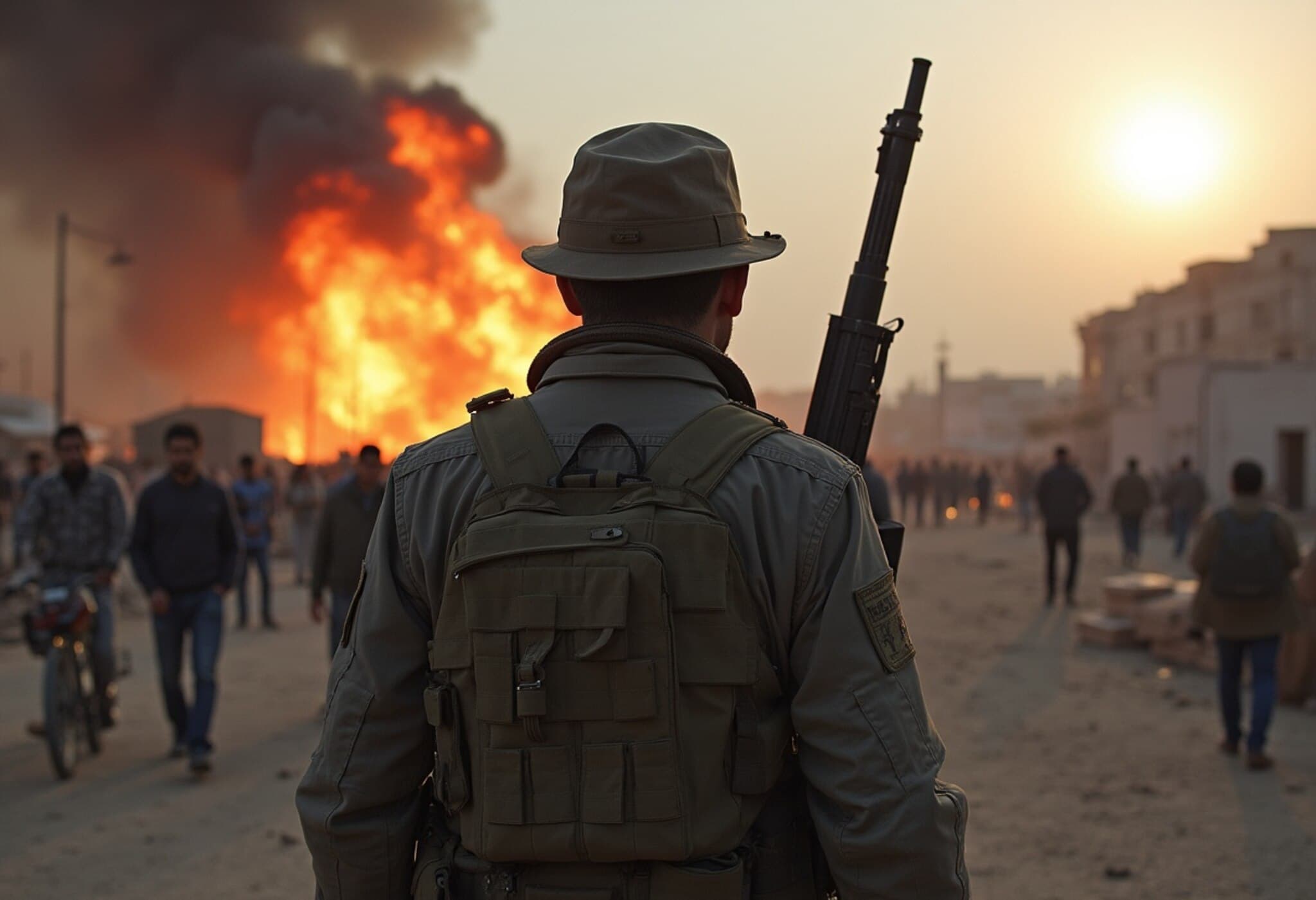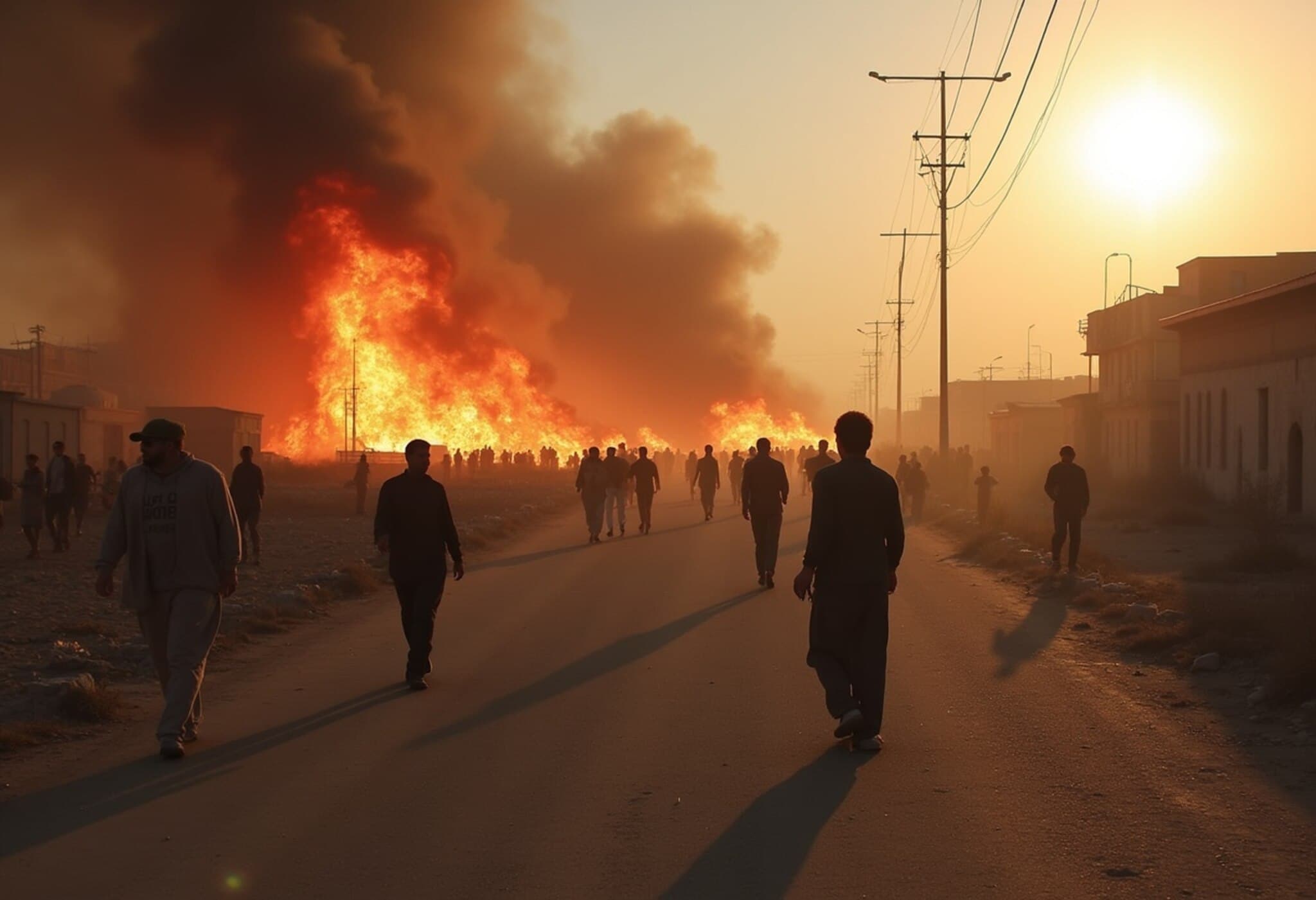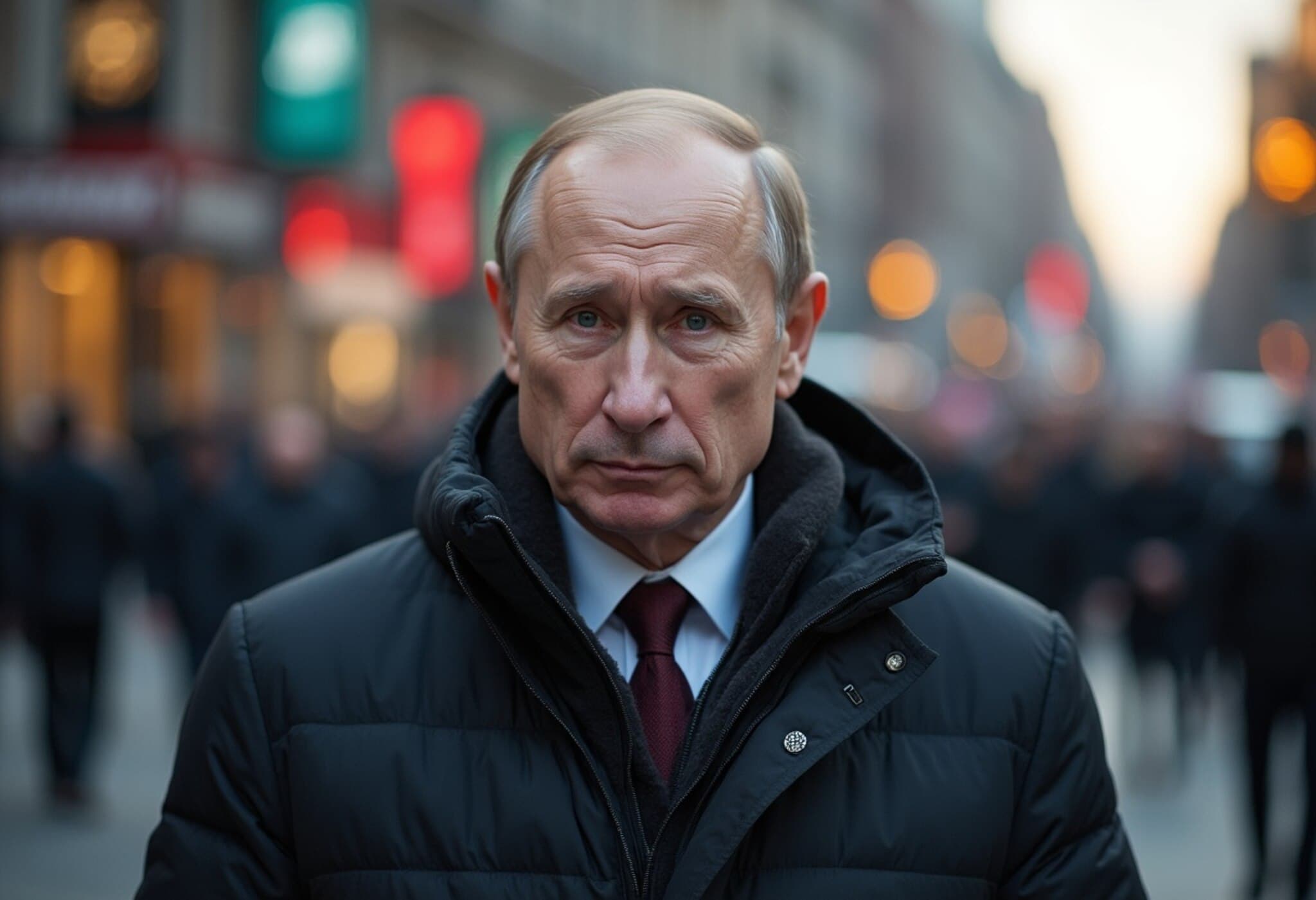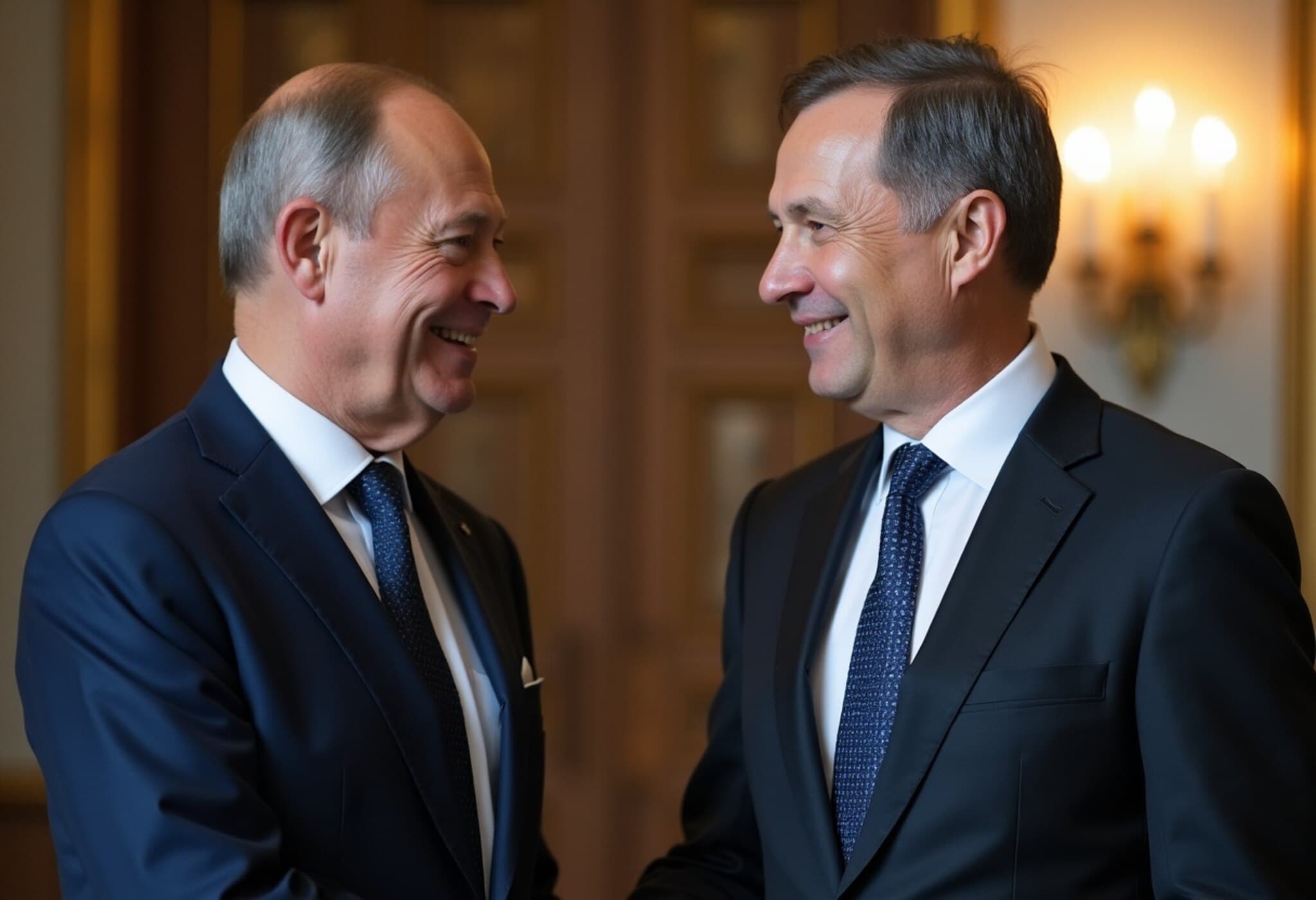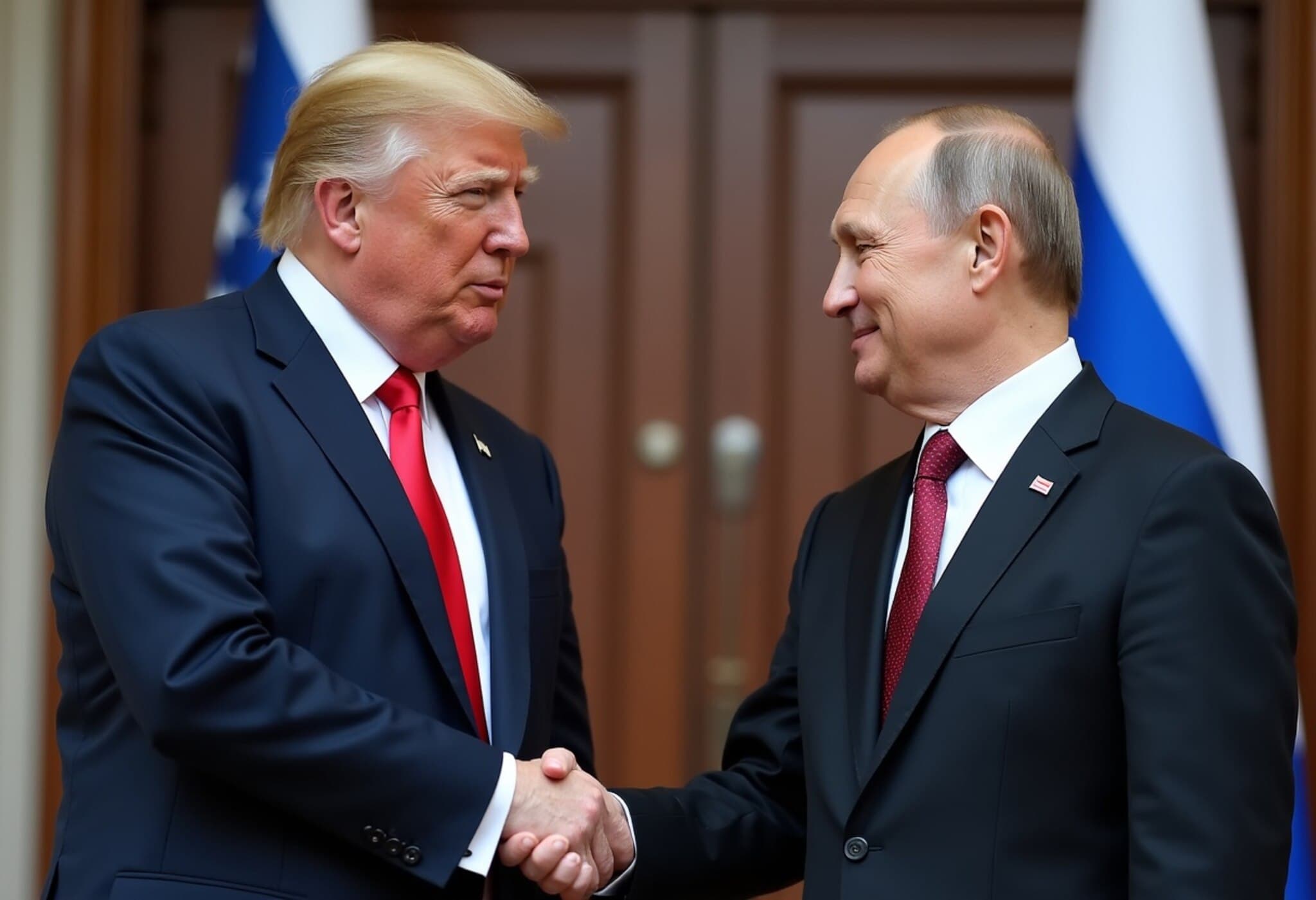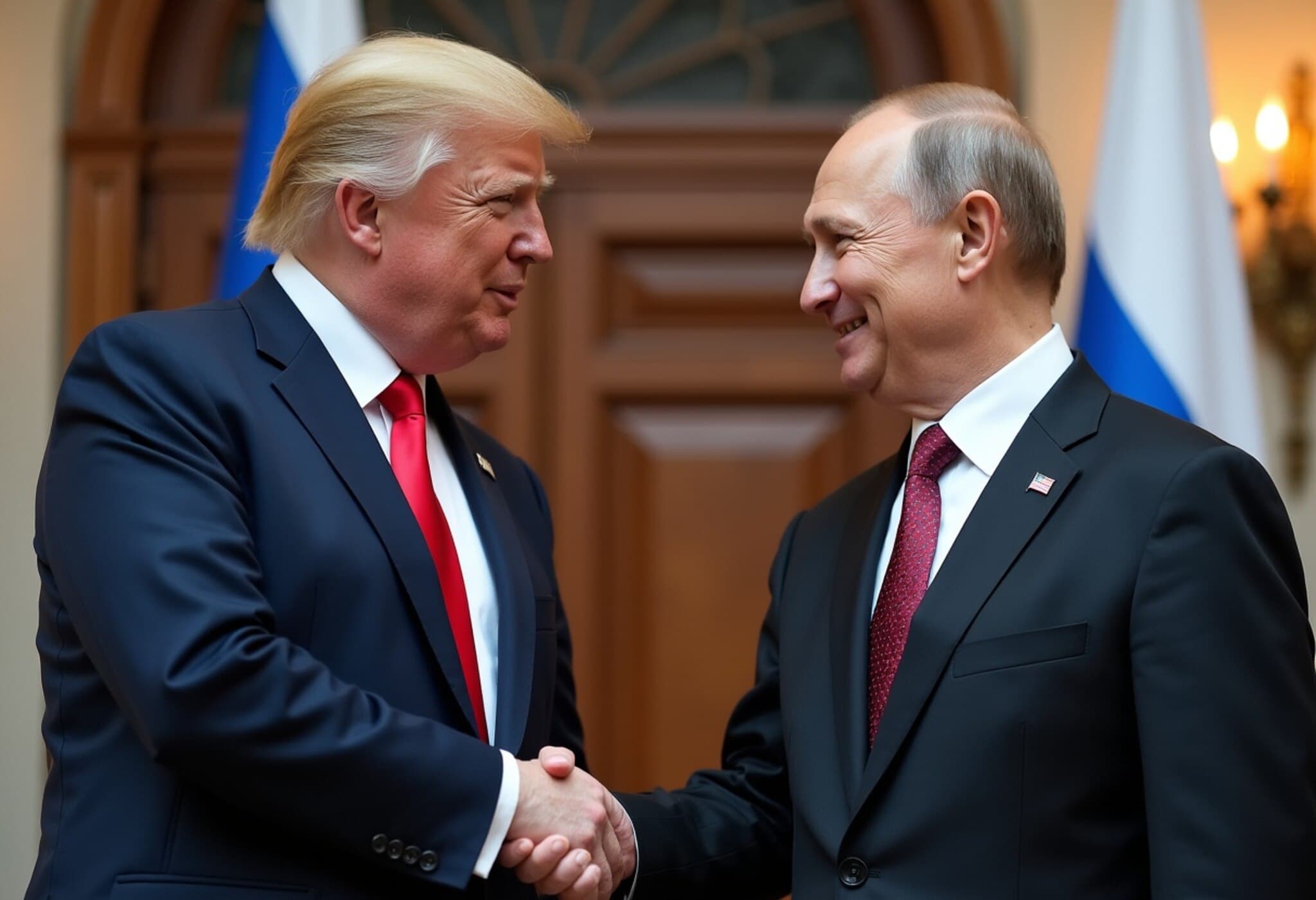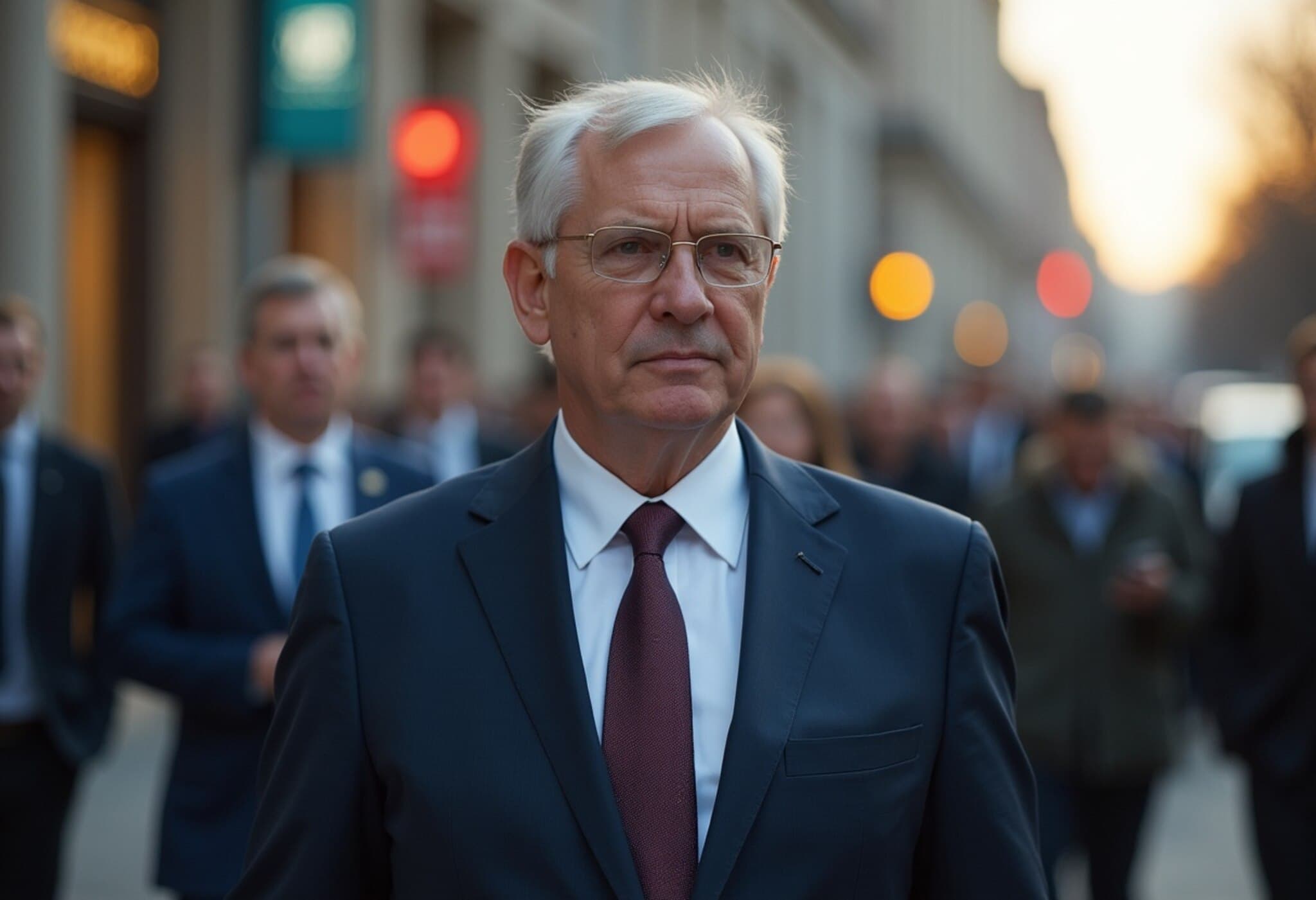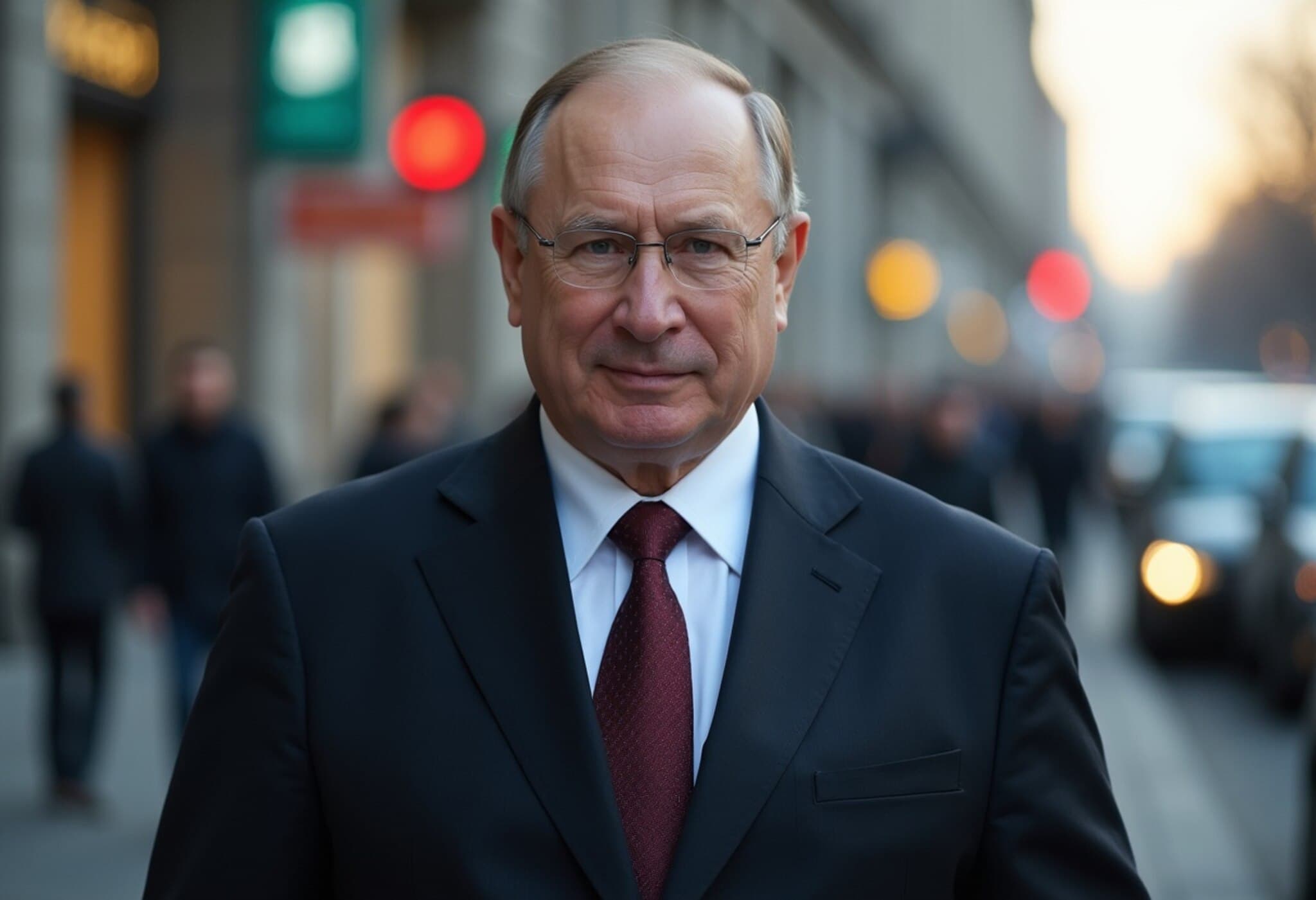European Court of Human Rights Rules Russia Accountable for MH17 Tragedy
In a groundbreaking decision, the European Court of Human Rights (ECHR) has officially held Russia responsible for the downing of Malaysia Airlines Flight MH17, which resulted in the tragic deaths of 298 passengers and crew. This verdict marks a milestone in international justice, delineating state accountability for one of the darkest chapters in the ongoing conflict in Eastern Europe.
Key Findings of the Court
On July 10, 2025, the ECHR, sitting in Strasbourg, unanimously condemned Russia for “manifestly unlawful” actions that directly contributed to the missile strike on MH17 over Eastern Ukraine in July 2014. The attack occurred amid fierce conflict between Ukrainian forces and separatists backed by Russia following the 2014 annexation of Crimea.
The court’s detailed analysis specifically pointed to the deployment and use of the Russian Buk-Telar surface-to-air missile system traced to Russian military units and separatist proxies operating in the conflict zone.
Highlights include:- Russia’s responsibility extends to the actions of its armed forces and armed separatist groups.
- The missile attack, likely fired under the mistaken belief that the target was a military aircraft, violated international principles protecting civilian lives.
- No evidence was found that Russia took adequate measures to distinguish civilian aircraft from military targets before launching the missile.
Broader Implications: Human Rights Violations Amid War
Beyond MH17, the ECHR judgment encompasses extensive human rights abuses linked to Russia’s actions since its full-scale invasion of Ukraine in February 2022. It condemns practices including torture, forced labor, summary executions, use of rape as a weapon of war, and religious persecution.
The court described a disturbing pattern of systematic violations carried out by Russian military and state agents across Ukraine, highlighting the vast scale of suffering inflicted on civilians.
Justice for Victims and Families
The downing of MH17 profoundly affected nations worldwide, with 38 Australian lives lost, including that of Perth grandfather Nick Norris and his three grandchildren. The Netherlands and Ukraine spearheaded legal efforts at the ECHR, seeking accountability at both criminal and human rights levels.
Separate criminal trials in the Netherlands have resulted in life sentences for three individuals found guilty of involvement in the attack, underscoring the international community’s commitment to justice.
Why This Verdict Matters
This ruling is the first international court verdict definitively holding Russia accountable for human rights violations linked to the Ukraine conflict. It sets a precedent that state responsibility can be proven even where hybrid warfare complicates attribution. Moreover, it underscores the evolving role of international legal institutions in addressing war crimes beyond the battlefield.
Expert Commentary: Legal analysts highlight that the judgment strengthens norms around state liability for proxy forces and war-related atrocities — a significant development given Russia’s repeated denials of direct involvement.
Policy specialists caution that this ruling, while historic, is a step in a longer journey toward comprehensive justice. Enforcement and reparations remain complex challenges in the context of geopolitical tensions and ongoing conflict.
What’s Next?
- Further diplomatic pressure on Russia to comply with the ruling and safeguard human rights.
- Continued support for criminal proceedings against individuals responsible for MH17 and other abuses.
- Amplification of international legal tools to deter future violations in conflict zones worldwide.
Editor’s Note
The European Court of Human Rights’ ruling on MH17 signifies an essential affirmation of accountability amidst complex, modern warfare. It exposes not just the tragic loss of civilian life but the broader, systemic abuses linked to state conduct during armed conflict. For policymakers and citizens alike, this verdict raises urgent questions about the international community’s capacity to protect human rights and deliver justice in the face of strategic denial and hybrid warfare tactics.
As the world watches, the challenge now lies in translating legal victories into tangible outcomes for victims and strengthening frameworks to prevent future atrocities. The MH17 case will undoubtedly feature prominently in debates about international law, sovereignty, and the pursuit of peace in Ukraine and beyond.

